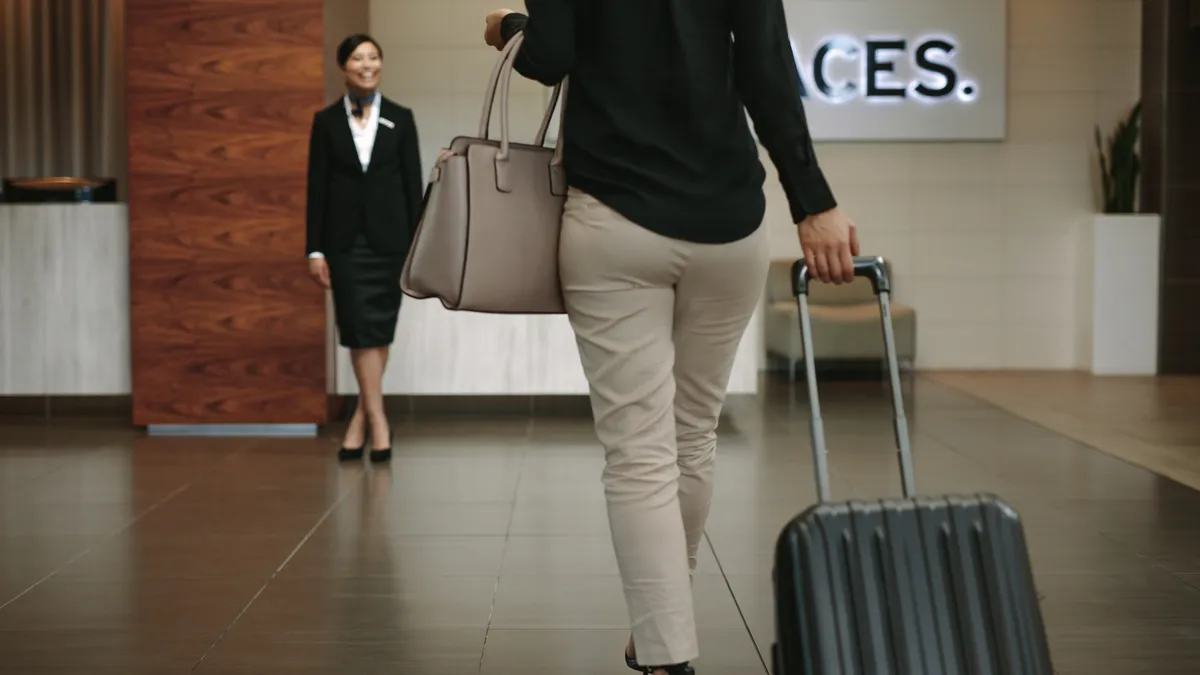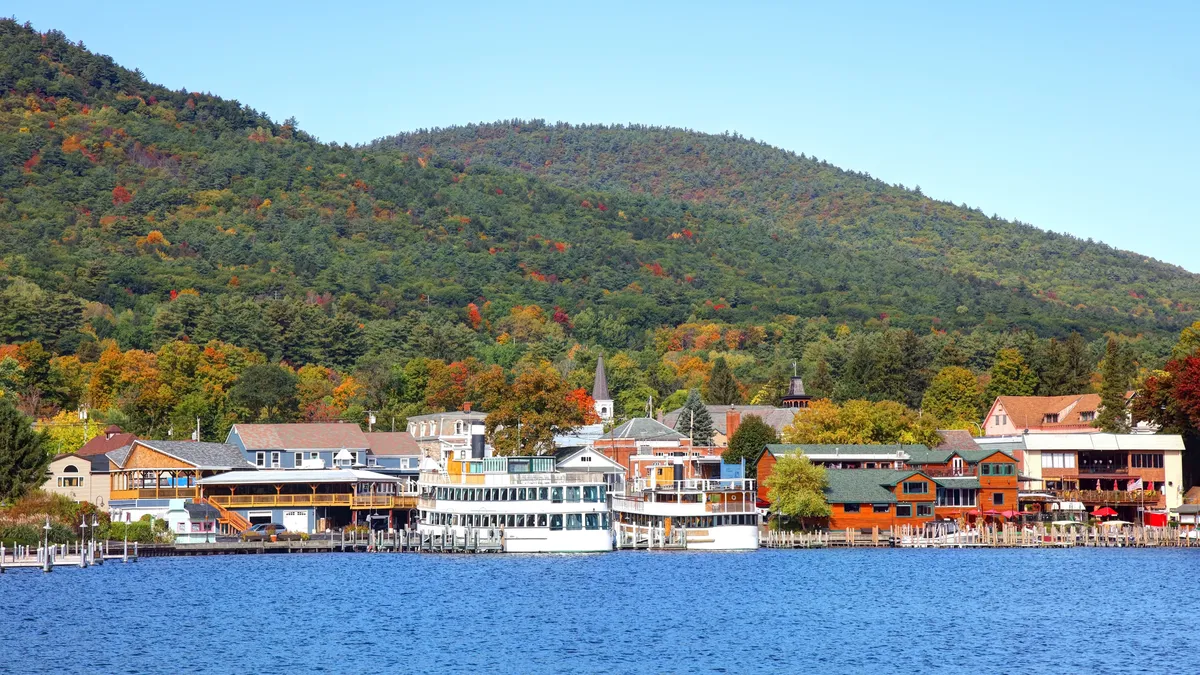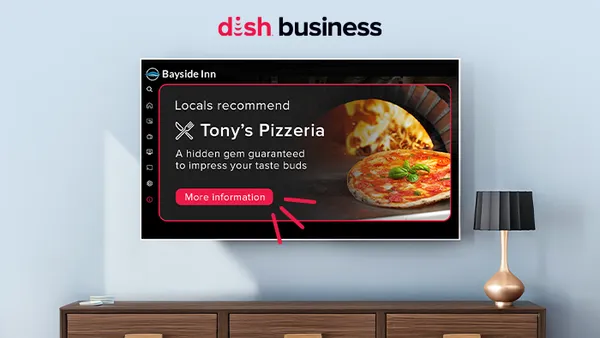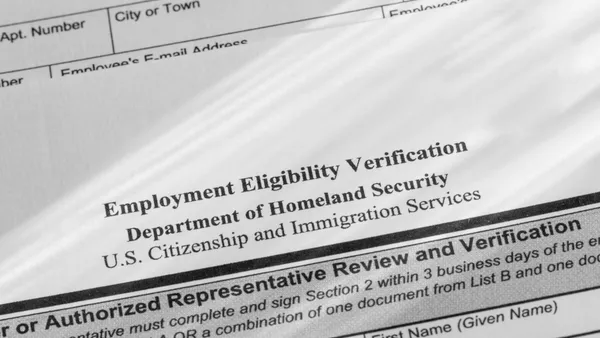Dive Brief:
- In a new report, Deloitte examined how technology is impacting the aviation and hospitality industries, finding that hotel executives are turning to innovative solutions to address the ongoing labor shortage.
- Over the next five years, hotel execs anticipate getting the most value from cloud computing in processing guests (29%), managing bookings (26%) and offering personalized recommendations and services (23%).
- As the hotel industry embraces new tech solutions, companies will need to consider the impact that they will have on frontline workers, including the need to implement reskilling programs, Deloitte found. This means hotels will have to invest in the employees as much as in their tech.
Dive Insight:
Even though hotel occupancy rates are rebounding, the industry continues to face a shortage of frontline workers in the aftermath of the pandemic. To help alleviate these labor concerns, hospitality leaders are investing in more technology solutions, including utilizing virtual reality for training practices, robot butlers and virtual receptionists.
According to a recent report from Deloitte, more than half (53%) of hotel execs said that they are at 25-74% of their pre-pandemic workforce. Because of these staffing shortfalls, 70% of hotel respondents have reduced or eliminated amenities and services. To help bridge the labor gap, half of hotels are now adopting new technology.
Deloitte’s results are based on a survey of 240 travel executives in the U.S.
"Travel leaders have been battling labor shortages and other frontline challenges for the past several years. The rapid ascension of automation and other emerging technologies presents an opportunity to address this disruption while still helping ensure the travel experience remains front-and-center,” said Danielle Hawkins, principal at Deloitte Consulting, in a statement.
“Companies who simultaneously invest in the technology and the people behind it — helping ensure employees are well-equipped and appropriately trained — should be well-positioned to navigate the shifting dynamics of the industry, while unlocking future growth and unprecedented opportunity,” Hawkins added.
Despite ongoing advancements, some feel that the current tech options aren’t strong enough to address their needs.
The leading tech adopters within the hospitality industry who were surveyed were nearly twice as likely as others to say existing "technology is not advanced enough," citing a need for providers to offer more tailored products. (Leading tech adopters are defined as those who have invested in three or more of the following technology types: artificial intelligence, internet of things, data analytics, cloud computing, blockchain, robotics and voice assistants.)
In addition, according to a recent PwC survey, hospitality stakeholders said that they were slow to upgrade tech in part due to financial reasons as well as legacy tech integration issues.
Also, most hotel general managers answer to brands and management companies, both of which make operational decisions across many properties, prioritizing consistency. Because of this, the general managers surveyed said that leadership buy-in and brand-level approval are among their top tech adoption barriers.
And with new technology comes new workforce requirements, including the creative use of digital solutions. For example, in a tech-enabled hotel environment, a concierge may now employ an AI tool to surprise a guest with a tailored activity recommendation. This means there’s an ever-growing need to train current employees and recruit tech-savvy hires.
Nearly half of all respondents cited reskilling workers as one of their top three workforce concerns, with hotel execs saying that “mismatches between their needs and the skills of available workers” is their top workforce challenge, followed by the cost of recruitment and onboarding.









